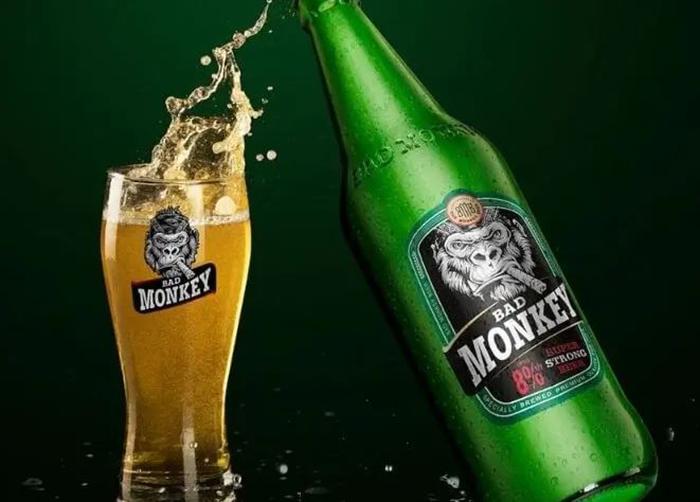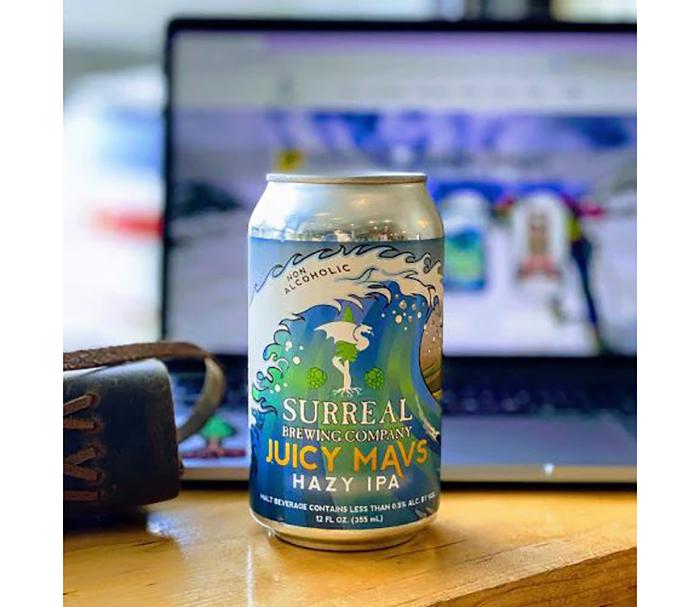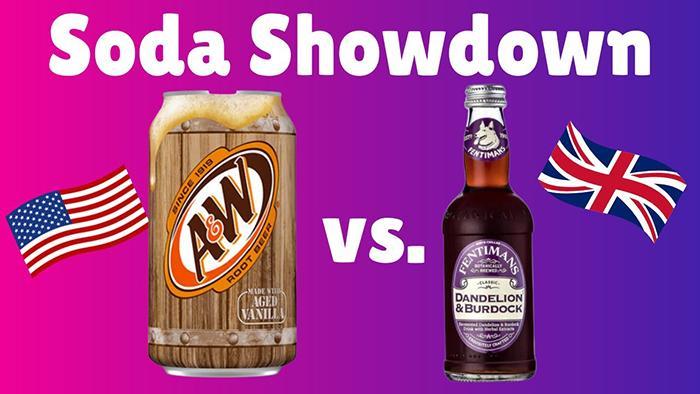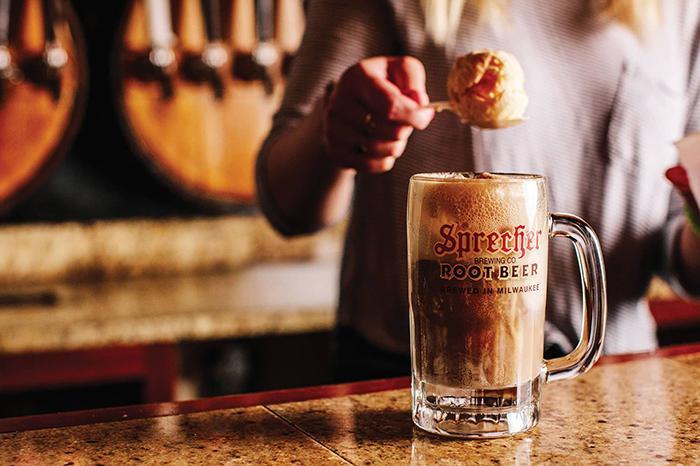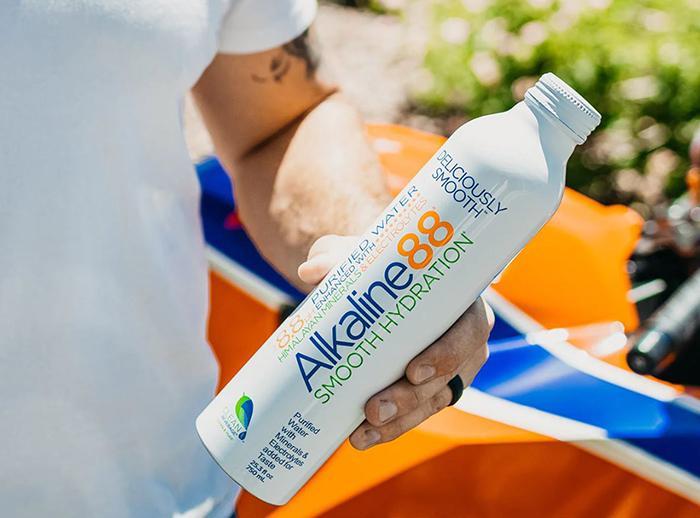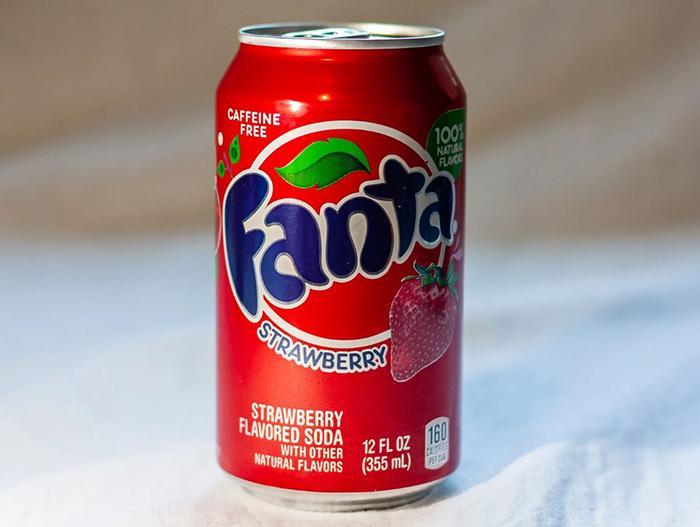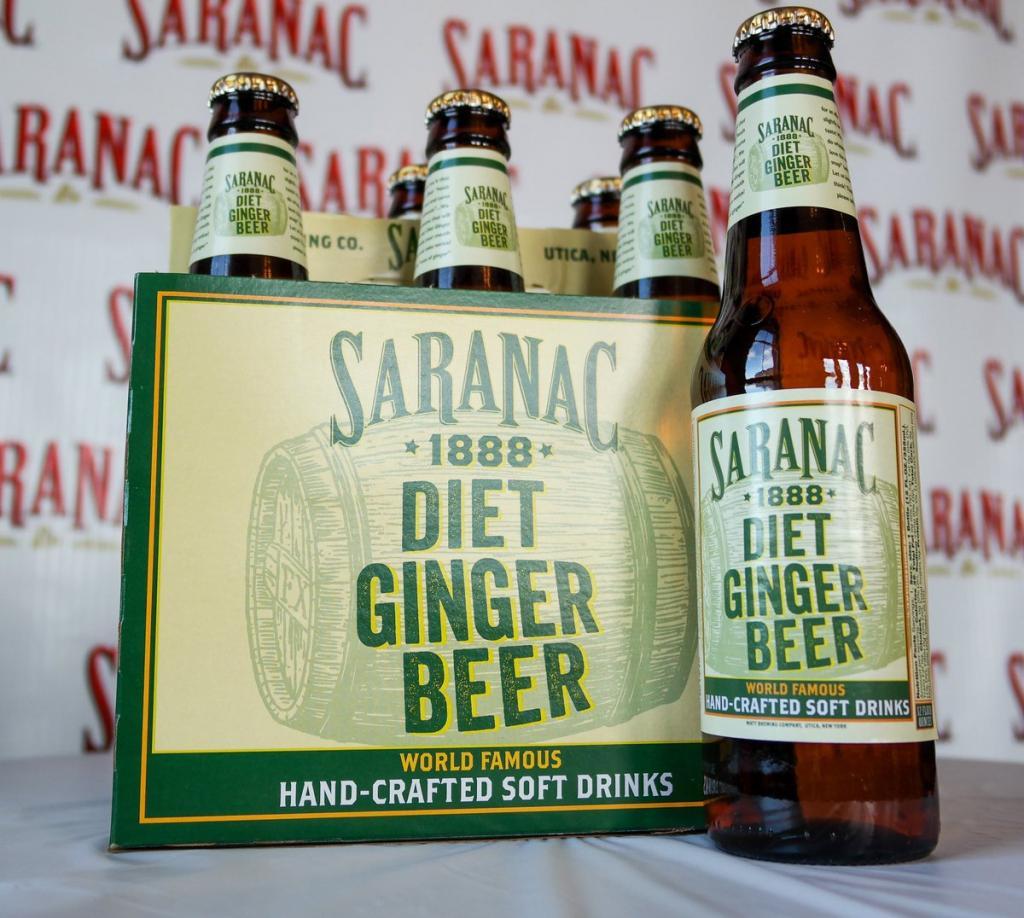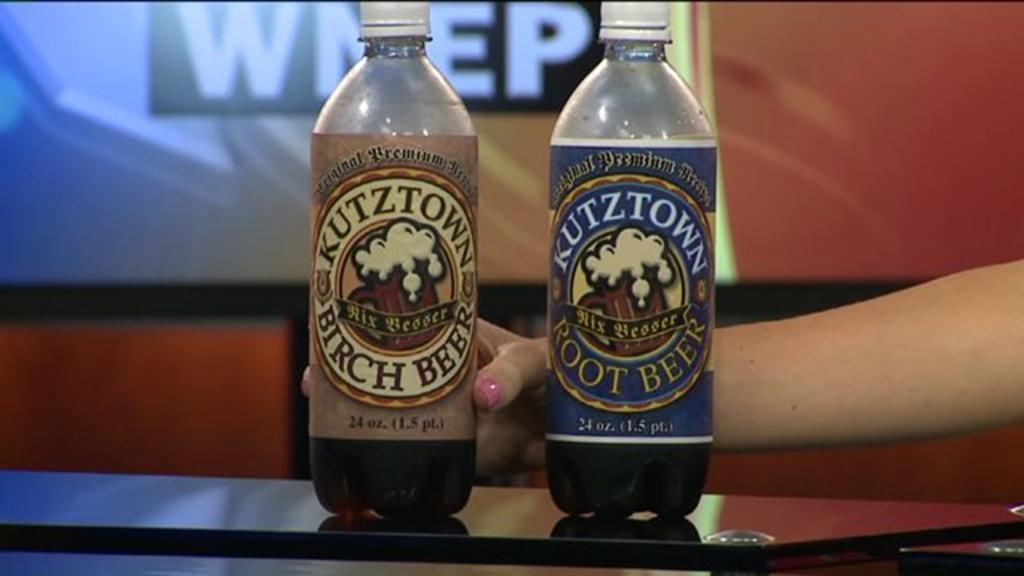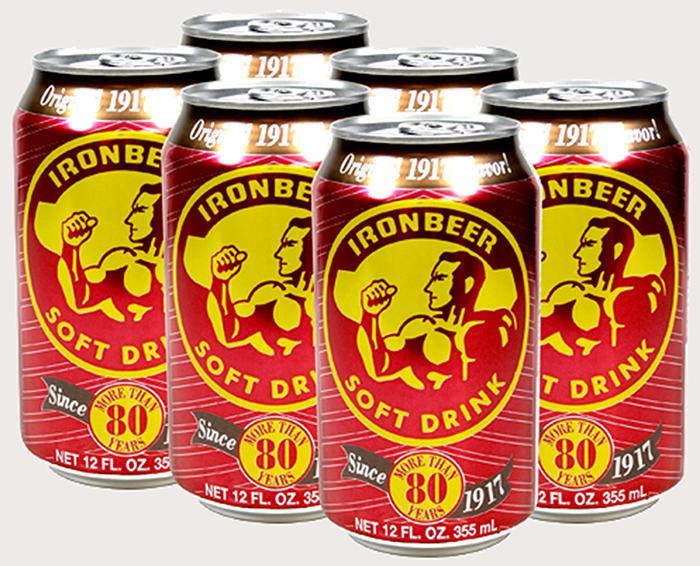Have you ever wondered if warm beer gets you drunk faster? It’s a common belief, yet the alcohol content in beer stays consistent whether cold or warm.
In this article, we will debunk some myths and dive into the science behind temperature’s effect on intoxication.
You Are Watching: Does Warm Beer Get You Drunk Faster Updated 01/2026
Read on to separate fact from folklore and better understand your brew!
The Effect of Temperature on Alcohol Absorption
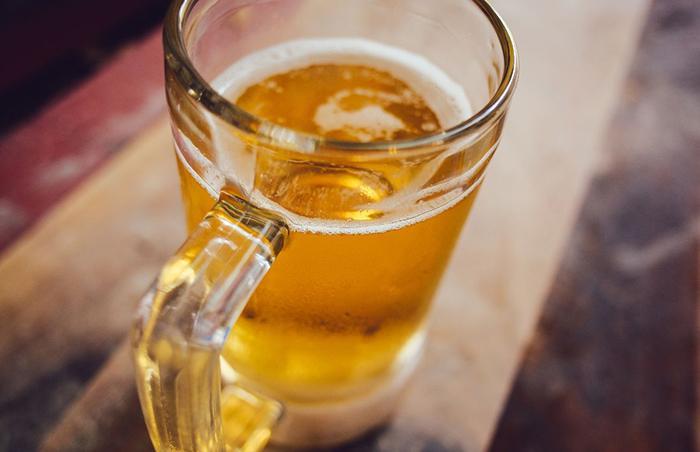
Warm beer does not get you drunk faster, despite the popular myth surrounding it.
Myth: Warm Beer Gets You Drunk Faster
Contrary to popular belief, warm beer does not get you drunk faster. The misconception likely stems from the notion that the elevated temperature would somehow speed up alcohol absorption in your body or amplify its effects.
However, it’s essential to note that alcohol content remains constant regardless of whether a beverage is served chilled or at room temperature.
The speed at which alcohol affects your body can be influenced by various factors such as metabolism and rate of consumption but not the temperature of the drink itself.
Therefore, whether you choose a frosty brew straight from the fridge or opt for one closer to ambient room temperature, rest assured that neither will tip you into intoxication any quicker than the other.
The Science Behind Alcohol Absorption
It is influenced by factors such as your body weight, metabolism, and the alcohol content in the beverage.
When you consume an alcoholic drink, it enters your stomach and then moves into your small intestine where most of it is absorbed into your bloodstream. From there, alcohol travels to various parts of your body including your brain where it produces its intoxicating effects.
Read More : What Is Beer Salt Updated 01/2026
This process happens regardless of whether the beer was cold or warm when consumed.
It’s important to note that while warm beer may not affect how quickly you get drunk, other factors can have an impact. Factors like how fast you drink and how much alcohol content is present in the beverage can increase or decrease intoxication levels.
Factors That Influence Intoxication Levels
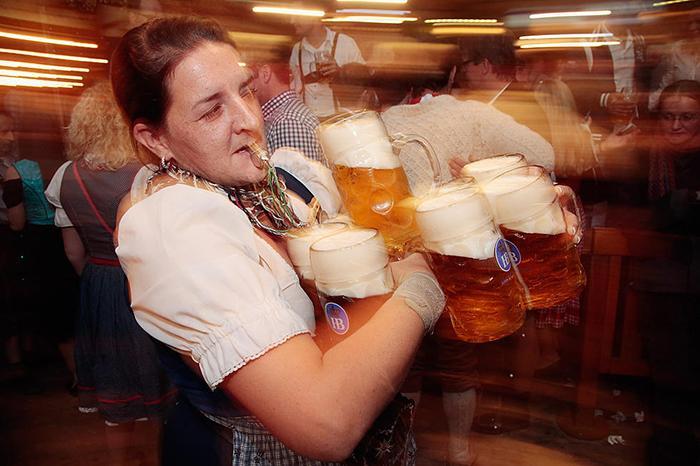
Body Weight and Metabolism
Body weight and metabolism play a crucial role in how alcohol affects the body. The more you weigh, the more diluted the alcohol becomes in your bloodstream, which can slow down intoxication.
On the other hand, individuals with a lower body weight may feel the effects of alcohol more quickly due to higher blood alcohol concentration. Metabolism also impacts how quickly alcohol is processed and eliminated from the body.
People with faster metabolisms tend to break down alcohol more efficiently, leading to quicker sobering up compared to those with slower metabolisms.
Rate of Consumption
When you drink alcohol quickly, it enters your bloodstream more rapidly, leading to a quicker onset of drunkenness.
This is because the body’s ability to metabolize and eliminate alcohol is limited, and consuming large amounts within a short time overwhelms this process. It’s important to remember that even if the beer is warm or cold, the speed at which you drink it will have a more significant impact on how drunk you become rather than its temperature alone.
So, if you want to moderate your level of intoxication, consider pacing yourself and drinking slowly over time rather than chugging down your beverage.
Alcohol Content in the Beverage
Contrary to popular belief, the temperature of your beer does not affect how quickly you get drunk. The perception that warm beer gets you intoxicated faster might be influenced by factors such as taste and aroma differences between cold and warm beer.
So, whether you prefer your beer ice-cold or at room temperature, rest assured that it won’t impact how fast you become intoxicated.
The Perception of Warm Beer
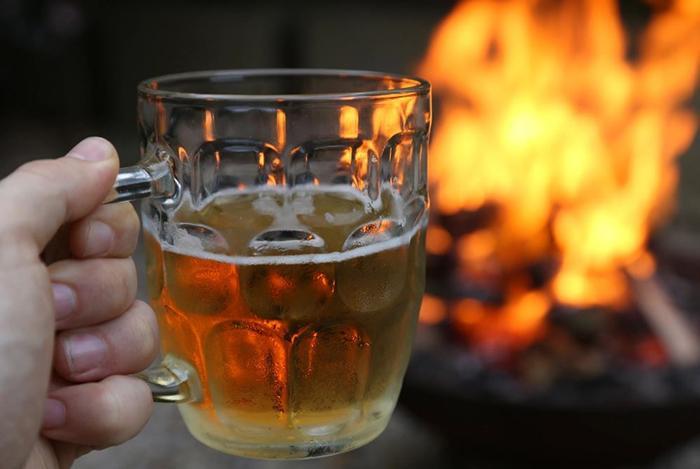
Taste and Aroma Differences
The perception of warm beer getting you drunk faster might be influenced by taste and aroma differences. When beer is served cold, it tends to have a crisp and refreshing flavor, making it easier to drink quickly.
On the other hand, warm beer may have a more intense aroma and a stronger taste profile, which can make it seem like you are consuming more alcohol than you actually are.
However, the temperature of the beer does not affect the rate at which alcohol is absorbed into your bloodstream.
So while warm beer may give off an impression of increased drunkenness due to its sensory characteristics, it doesn’t actually speed up the process of becoming intoxicated.
Cultural and Personal Preferences
Cultural and personal preferences play a significant role in how we perceive the effects of warm beer on intoxication. In many cultures, chilled beverages are preferred, as they offer a refreshing sensation and enhance the taste experience.
On the other hand, some individuals may actually prefer slightly warmer beer because they believe it allows them to savor the flavors and aromas more fully.
It’s essential to recognize that these preferences can influence our perception of getting drunk faster with warm beer, even though the temperature itself does not impact alcohol absorption or intoxication levels.
Regardless of cultural or personal preferences, understanding the scientific factors involved can help us make informed decisions about our alcohol consumption.
Conclusion
In conclusion, the belief that warm beer gets you drunk faster is simply a myth. The temperature of the beer has no impact on the rate at which alcohol is absorbed by your body. Factors such as body weight, metabolism, and rate of consumption have a much bigger influence on intoxication levels.
So next time someone offers you a warm beer, feel free to enjoy it without worrying about getting drunk any faster!
Sources: https://chesbrewco.com
Category: Beer


